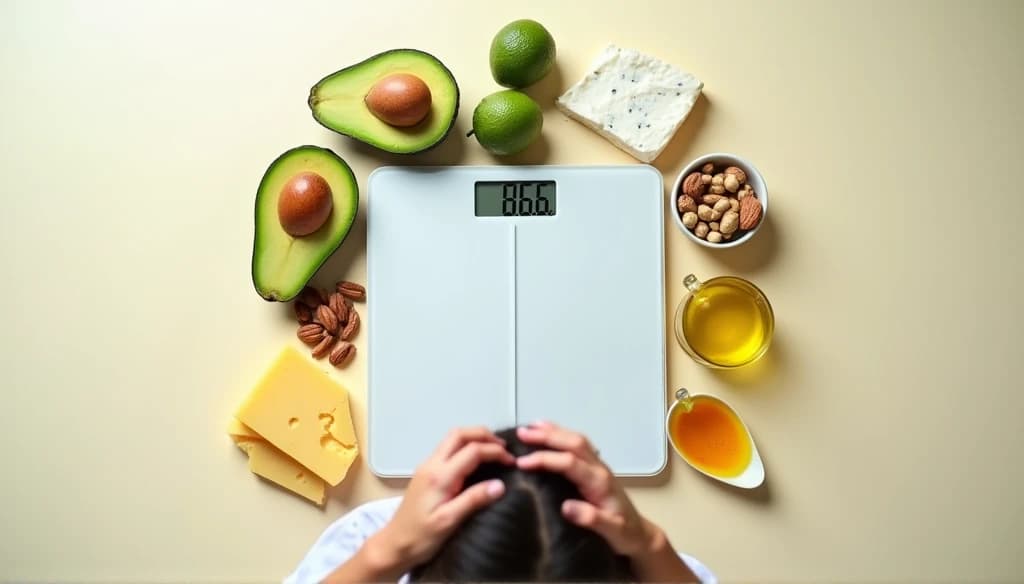Table of Contents
ToggleImagine this: you’ve cut carbs, loaded up on healthy fats, and said goodbye to sugar, but the scale refuses to budge. Frustrating, right? If you’re wondering, “Why am I not losing weight on keto?” you’re not alone. Many people experience initial weight loss and then hit a plateau—or worse, see no progress at all.
In this article, we’ll dive into the most common reasons why you’re not losing weight on the keto diet and how to fix them. Whether you’re a beginner or a seasoned keto follower, this guide will offer clarity and actionable advice to help you break through plateaus and achieve your goals.
What Is Keto, and Why Should It Work for Weight Loss?
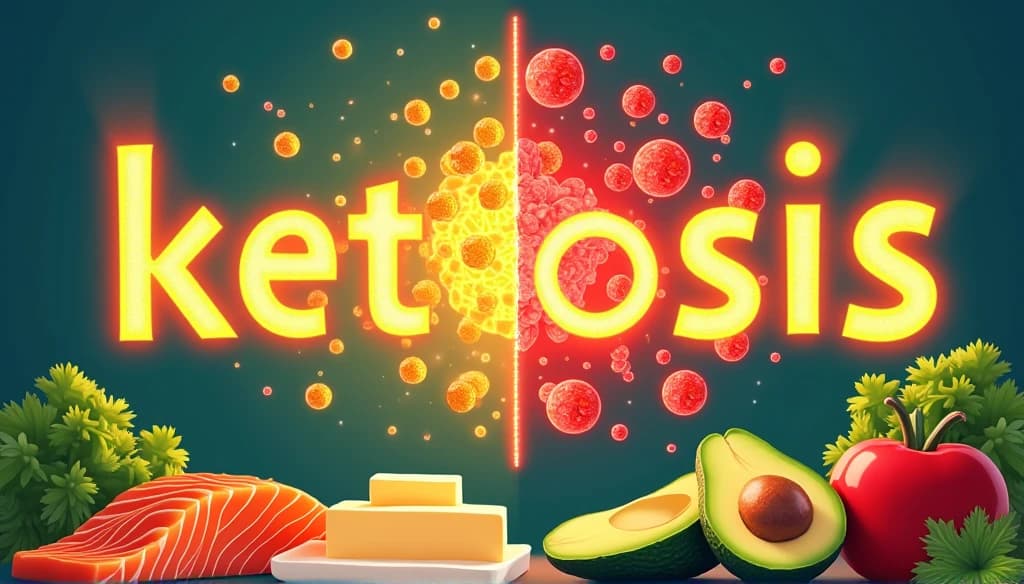
The ketogenic diet (keto) is a high-fat, moderate-protein, and low-carb diet designed to shift your body into ketosis. In ketosis, your body burns fat for fuel instead of carbohydrates, which can lead to rapid weight loss.
But while keto has helped millions shed pounds, it’s not without its challenges. Several factors—both dietary and lifestyle-related—can stall progress and leave you wondering where you went wrong.
Common Reasons You’re Not Losing Weight on Keto
1. You’re Eating Too Many Calories
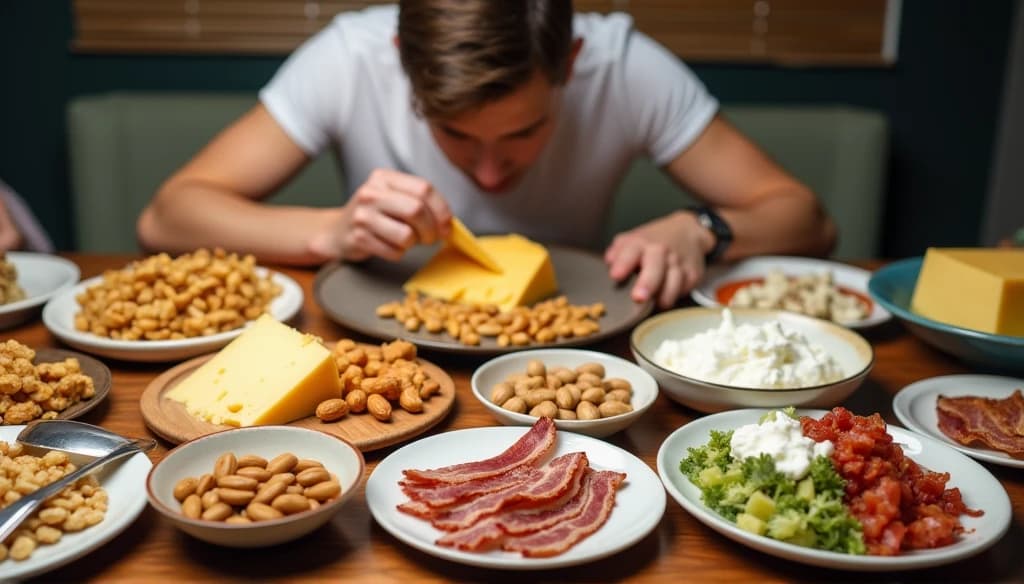
Even on keto, calories matter. While the diet encourages eating high-fat foods, consuming too many calories can prevent weight loss. For example, nuts, cheese, and oils are keto-friendly but calorie-dense, and it’s easy to overeat them.
Solution:
- Track your caloric intake with an app like MyFitnessPal or Carb Manager.
- Aim for a calorie deficit that aligns with your weight loss goals.
2. You’re Not Actually in Ketosis
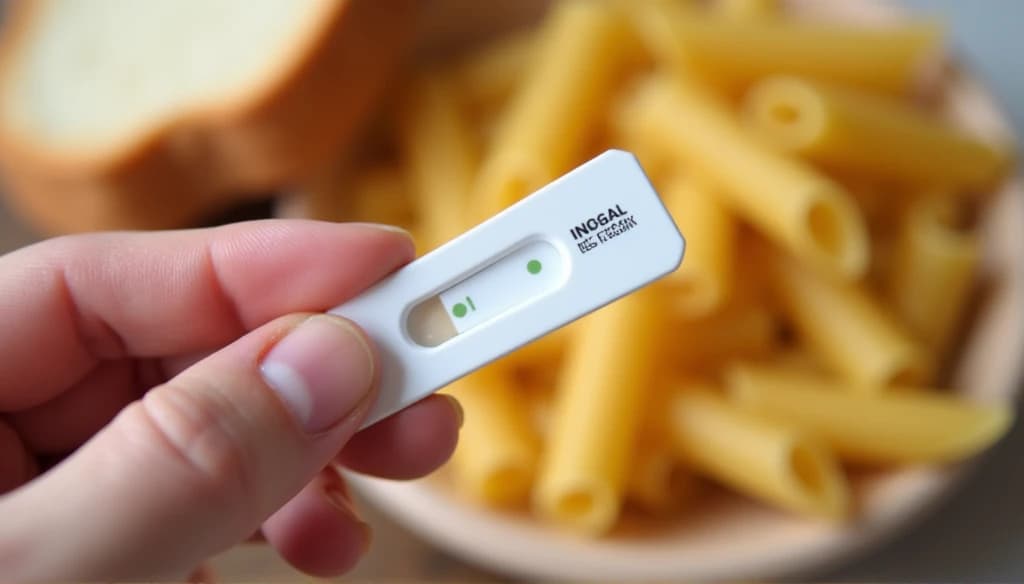
Reaching ketosis requires strict carb control. If you’re consuming hidden carbs or too much protein, your body might be burning glucose instead of fat.
How to Check If You’re in Ketosis:
- Use urine strips or a blood ketone meter to measure your ketone levels.
- Stick to 20–50 grams of net carbs per day.
- Avoid processed keto snacks that may contain hidden sugars.
3. You’re Eating the Wrong Types of Fats
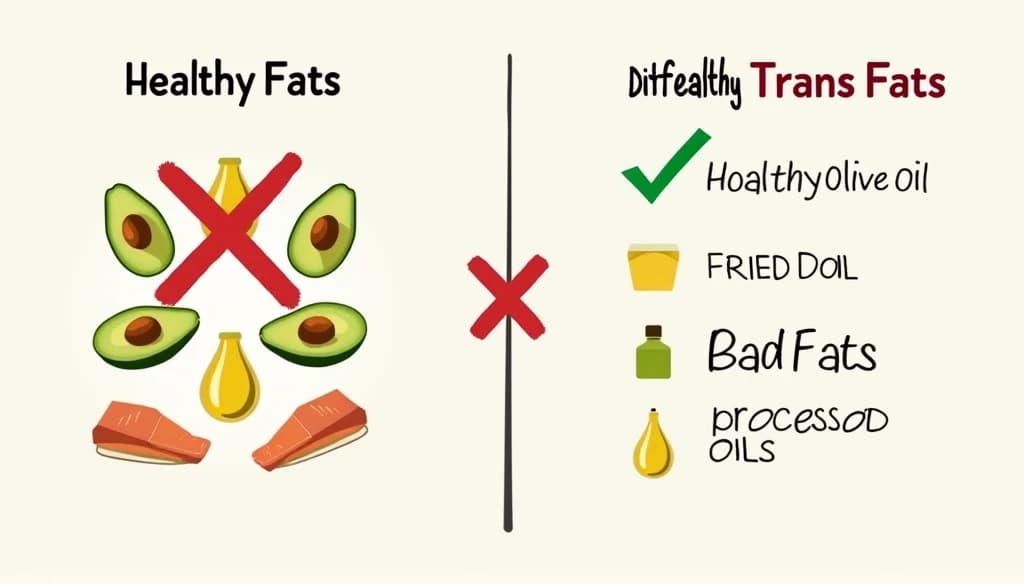
Not all fats are created equal. Overloading on unhealthy trans fats or consuming too much omega-6-rich vegetable oil can lead to inflammation and hinder weight loss.
Solution:
- Focus on healthy fats like avocado, olive oil, coconut oil, and fatty fish.
- Avoid processed fats like margarine and seed oils.
4. You’re Not Eating Enough Protein
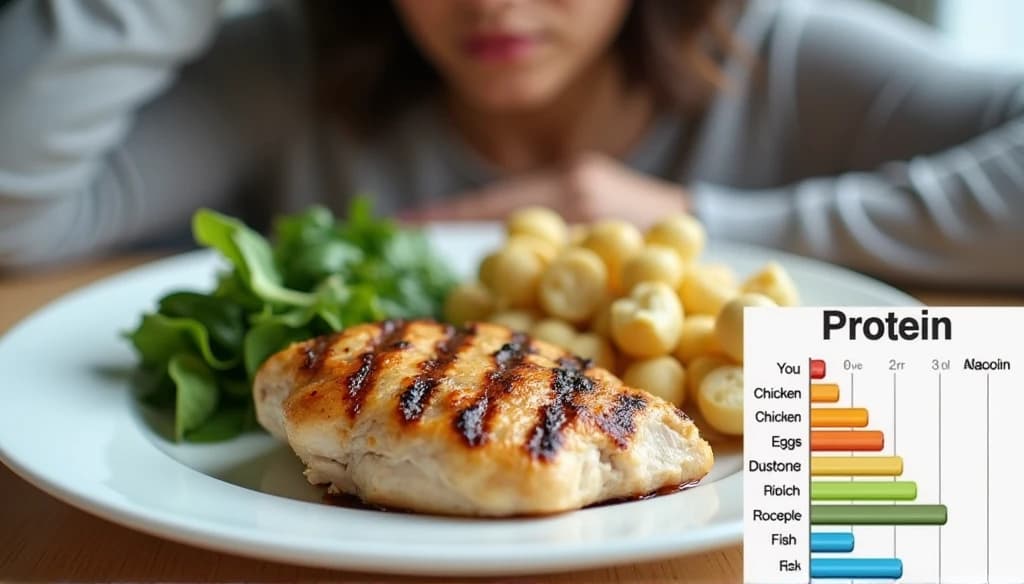
Protein is essential for preserving lean muscle mass and boosting metabolism. If you’re not consuming enough, your body may struggle to burn fat efficiently.
Solution:
- Include moderate amounts of high-quality protein like eggs, chicken, beef, and fish.
- Stick to the keto guideline of 20–25% of your daily calories from protein.
5. You’re Experiencing Stress or Poor Sleep

Stress and lack of sleep can wreak havoc on your hormones, particularly cortisol, which promotes fat storage.
Solution:
- Practice stress-reducing activities like yoga, meditation, or walking.
- Aim for 7–8 hours of quality sleep each night.
6. You’re Drinking Too Many Keto-Friendly Drinks
Bulletproof coffee, keto shakes, and sugar-free sodas might seem harmless, but they can add hidden calories and artificial sweeteners, which may spike insulin levels for some people.
Solution:
- Drink plain water, herbal teas, or black coffee without added fats unless you truly need the extra calories.
7. You’re Underestimating Carb Intake
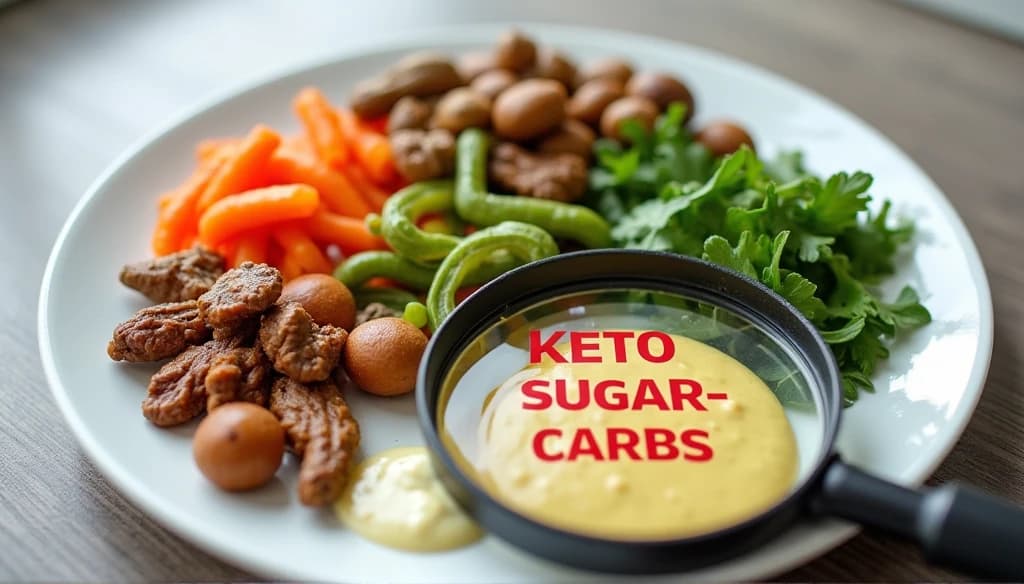
Even small amounts of carbs can add up quickly, especially from vegetables, sauces, or condiments.
Solution:
- Weigh your food and count net carbs (total carbs minus fiber).
- Avoid pre-packaged foods that may contain hidden sugars.
8. You’re Too Focused on the Scale
Weight fluctuates daily due to water retention, hormones, and other factors. Obsessing over the scale can lead to frustration and make you overlook other signs of progress.
Solution:
- Track non-scale victories, like improved energy, better sleep, or looser clothing.
- Measure your body fat percentage or take progress photos.
Comparing Keto Weight Loss Success vs. Stalls
Here’s a quick comparison of what successful keto followers do versus those who struggle:
| Factors | Successful Weight Loss | Stalled Weight Loss |
|---|---|---|
| Carb Intake | Strictly 20–50g net carbs | Exceeds carb limit; hidden carbs |
| Calorie Awareness | Monitors intake | Overeats calorie-dense foods |
| Ketosis Monitoring | Tests ketone levels | Assumes without testing |
| Fat Quality | Healthy fats (olive oil) | Processed fats (seed oils) |
| Protein | Moderate, high-quality | Too low or too high |
| Stress & Sleep | Manages stress, sleeps well | High stress, poor sleep |
How to Break Through a Keto Weight Loss Plateau
1. Try Intermittent Fasting
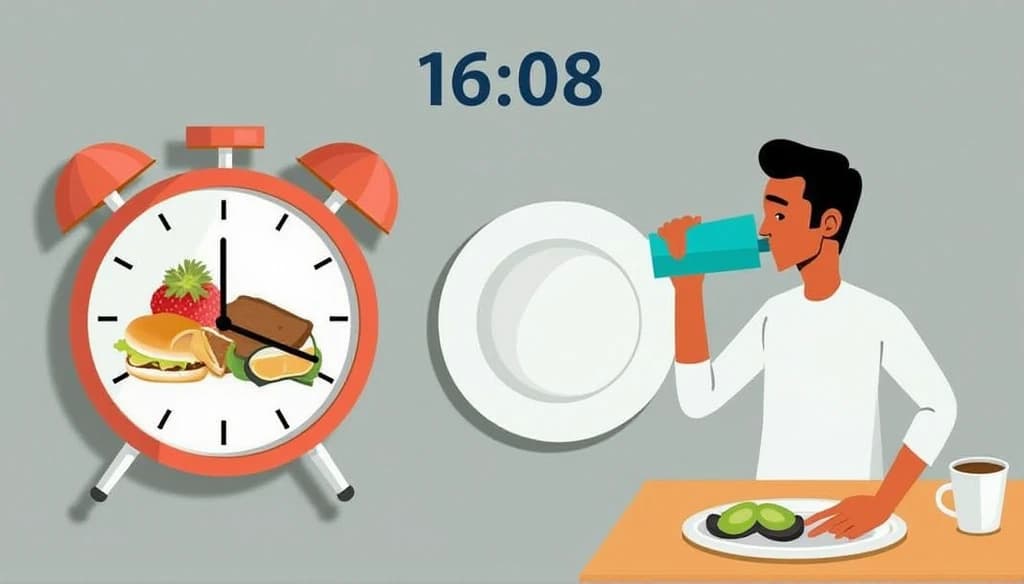
Pairing keto with intermittent fasting can enhance fat burning by extending the time your body stays in ketosis.
- Start with a 16:8 fasting schedule (16 hours of fasting, 8 hours of eating).
- Avoid snacking between meals.
2. Adjust Your Macros
Your macronutrient ratio may need tweaking. For example, some people do better with slightly higher protein or lower fat intake.
- Experiment with a 70% fat, 25% protein, and 5% carb ratio.
- Use a macro calculator to ensure you’re eating the right amounts.
3. Incorporate Exercise
While weight loss primarily depends on diet, exercise can boost metabolism and support fat loss.
- Focus on strength training to build muscle and burn calories.
- Add cardio for improved fat-burning and heart health.
4. Reevaluate Your Food Choices
Even keto-friendly foods can cause issues if consumed in excess or if your body reacts poorly to them.
- Eliminate processed keto snacks and artificial sweeteners.
- Focus on whole, nutrient-dense foods like leafy greens, meat, and healthy fats.
5. Consider a Fat Fast or Carb Refeed
- Fat Fast: Eat only high-fat, low-protein foods for 2–3 days to jumpstart ketosis.
- Carb Refeed: Temporarily increase carbs for one day to reset leptin levels and overcome metabolic adaptation.
Conclusion
If you’ve been asking yourself, “Why am I not losing weight on keto?” it’s important to remember that weight loss is complex and influenced by many factors. By identifying and addressing common pitfalls—like hidden carbs, overeating, or stress—you can get back on track and achieve your goals.
Stay consistent, monitor your progress, and don’t be afraid to make adjustments. Keto works, but finding the right balance for your body is key.
Let me know if you’d like additional adjustments or enhancements!
FAQs About Why You’re Not Losing Weight on Keto
How long does it take to start losing weight on keto?
Most people see initial weight loss within the first week due to water weight loss. Fat loss typically begins after 2–4 weeks.
Can you gain weight on keto?
Yes, eating too many calories or the wrong types of fats can lead to weight gain on keto.
Why did I lose weight initially but hit a plateau?
Plateaus often occur due to metabolic adaptation, hidden carbs, or overeating calorie-dense foods.
Should I quit keto if I’m not losing weight?
Not necessarily. First, identify the underlying issues and make adjustments to your diet or lifestyle.
Can medical conditions affect weight loss on keto?
Yes, conditions like hypothyroidism, PCOS, or insulin resistance can slow weight loss. Consult a doctor for guidance.

